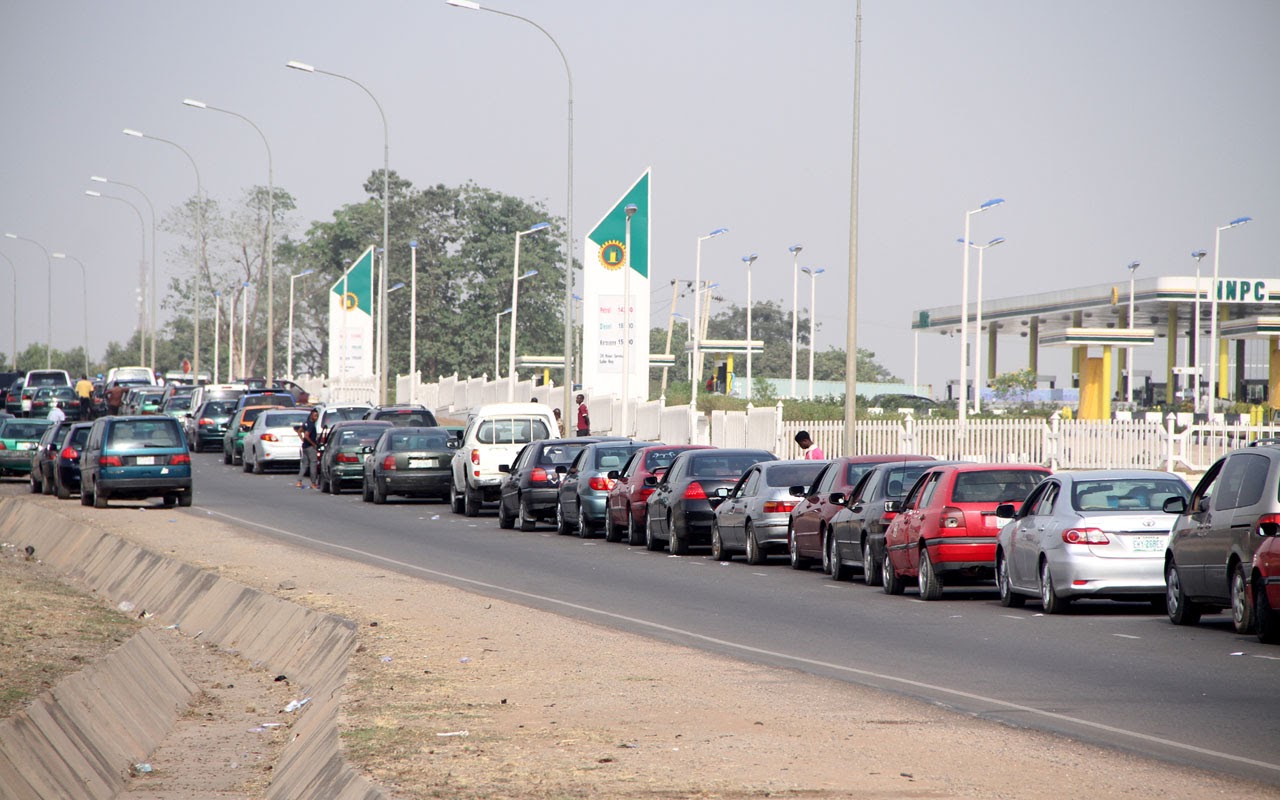EDITORIAL: Addressing fuel shortages in Nigeria amid flooding challenges

Nigeria, like many other countries, faces the recurring challenge of fuel scarcity. Recently, this issue has been exacerbated by adverse weather conditions, particularly flooding. As we grapple with the impact of climate change, it is crucial to find sustainable solutions to ensure a steady supply of fuel for our nation.
The Nigerian National Petroleum Company Limited (NNPCL), the sole importer of petroleum products, has attributed the recent fuel scarcity to logistics challenges. These challenges affect the efficient movement of fuel from depots to filling stations. Addressing these logistical bottlenecks is essential for a smoother distribution process.
Thunderstorms and adverse weather conditions have disrupted ship-to-ship transfers of Premium Motor Spirit (PMS), commonly known as petrol. These transfers occur between large vessels and smaller distribution ships.
Additionally, flooding along trucking routes has restricted deliveries from coastal depots to inland areas like the Federal Capital Territory (FCT). Recognizing the impact of weather on fuel distribution is crucial for planning and preparedness.
Improving road networks and ensuring well-maintained truck routes is essential. Bad roads exacerbate delivery delays and hinder the movement of fuel from coastal areas to the interior. By investing in infrastructure, we can enhance the efficiency of fuel distribution.
Overreliance on a single supply route can lead to vulnerabilities. Exploring alternative routes, including rail and pipeline networks, can mitigate disruptions caused by weather events. Diversification ensures that fuel can reach its destination even when one route is affected.
Developing weather-resilient systems for ship-to-ship transfers is critical. Adherence to safety regulations during adverse weather conditions is essential to prevent accidents and ensure the continuity of fuel supply. The NNPC should collaborate with meteorological agencies to optimize transfer schedules.
Establishing contingency plans for extreme weather events is crucial. When floods disrupt fuel distributionutionbution, emergency protocols should kick in promptly. Coordination among stakeholders, including government agencies, marketers, and transporters, is vital to minimize the impact of disruptions.
Encouraging responsible behavior among consumers is also essential as panic buying and hoarding exacerbate shortages. Public awareness campaigns can educate citizens about the importance of conserving fuel during scarcity and adhering to safety guidelines.
Nigeria’s fuel scarcity challenges are multifaceted, but proactive measures can mitigate their impact. By addressing logistics, investing in infrastructure, and promoting weather-resilient systems, we can ensure a more reliable and consistent fuel supply. Let us work together to overcome these obstacles and build a resilient energy sector for our nation’s future.
